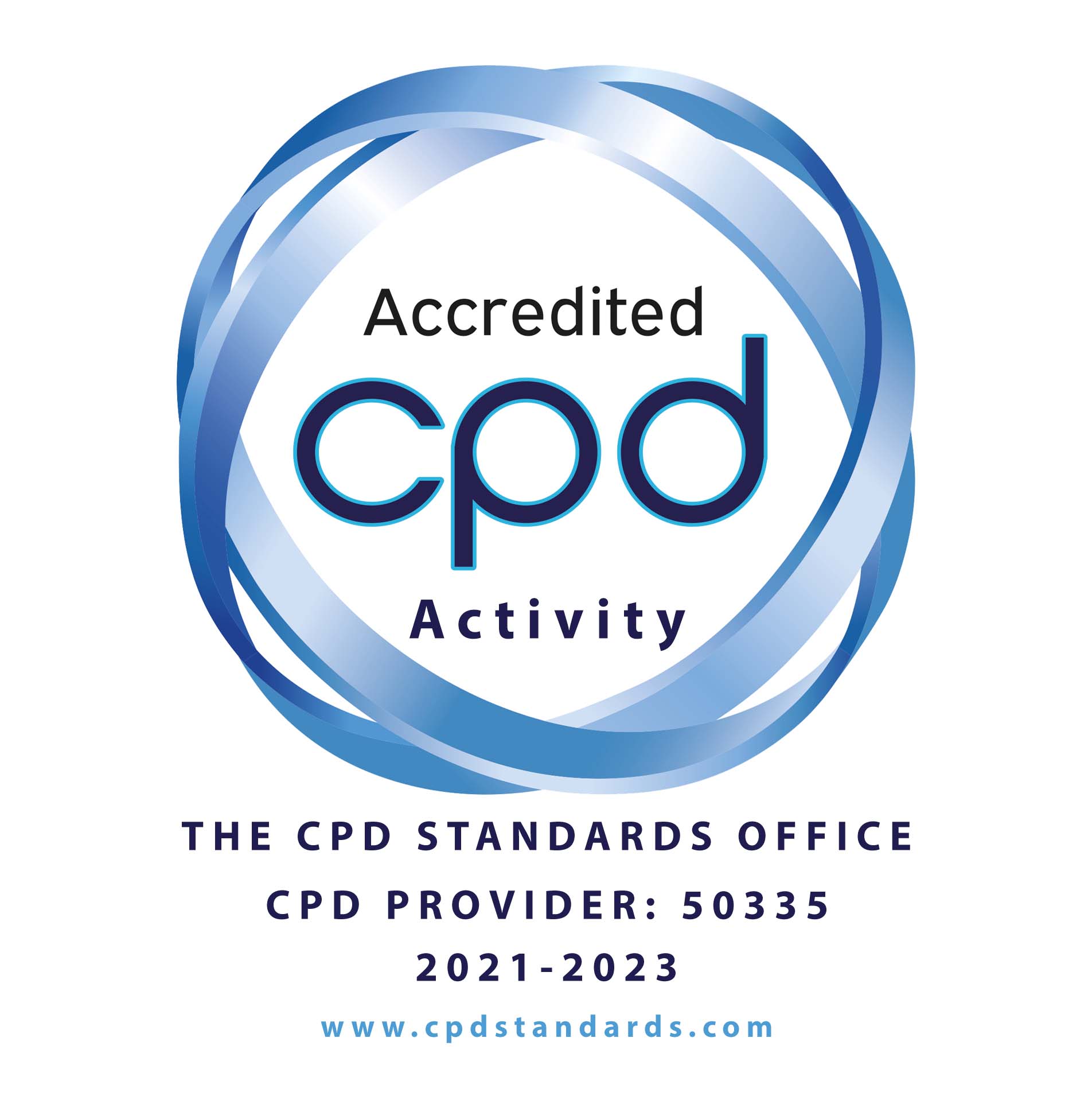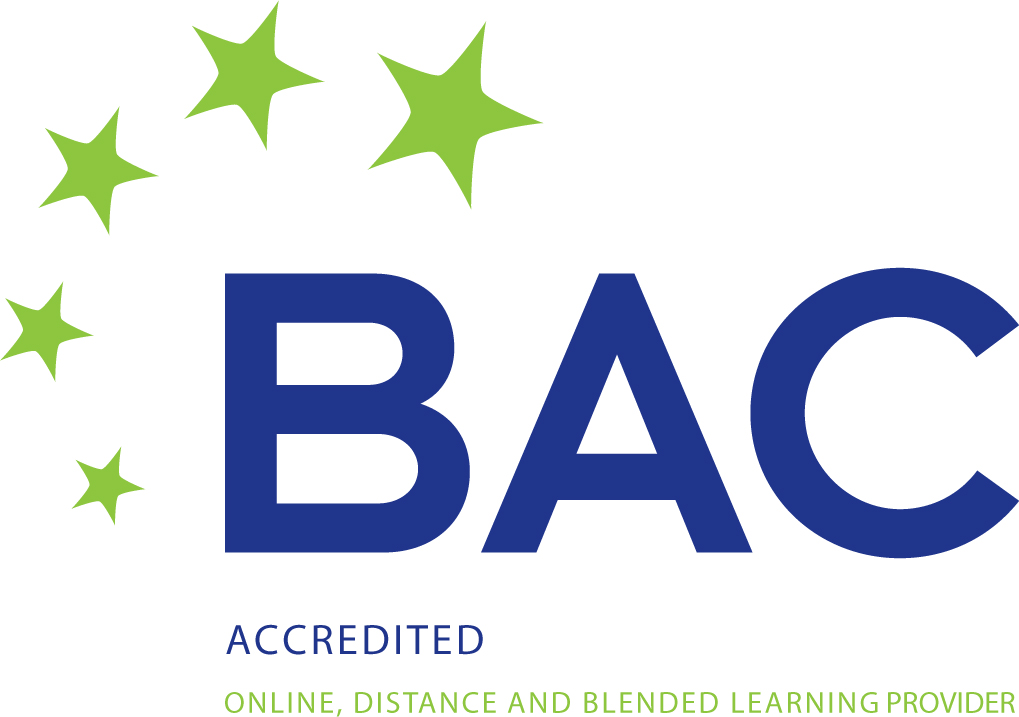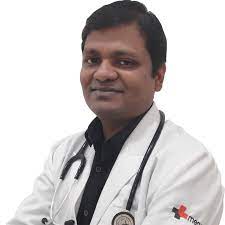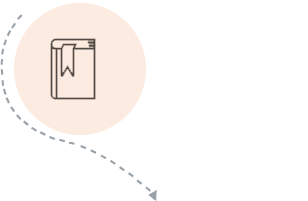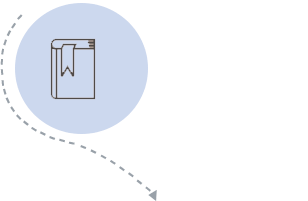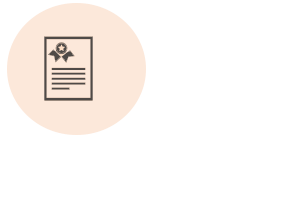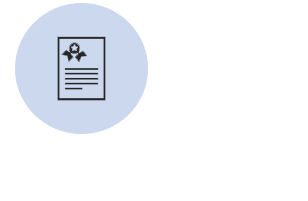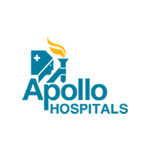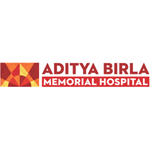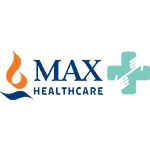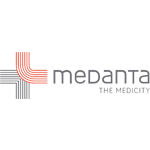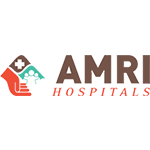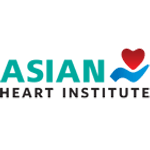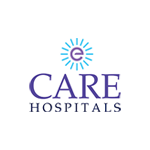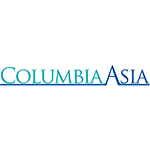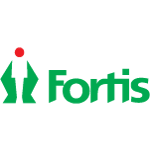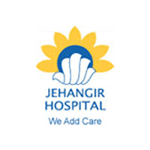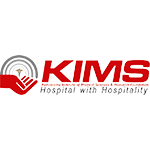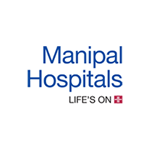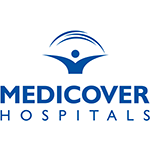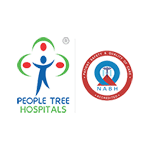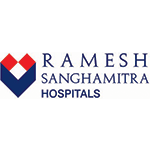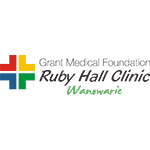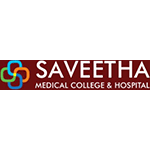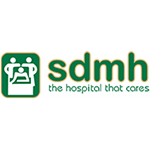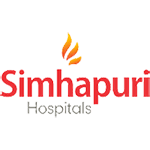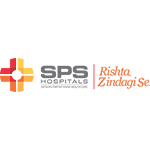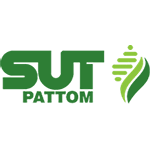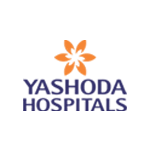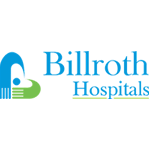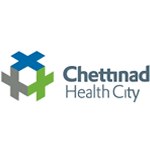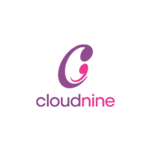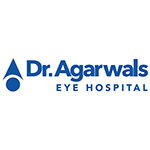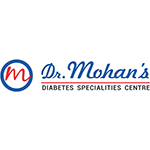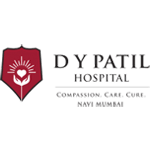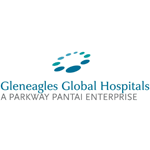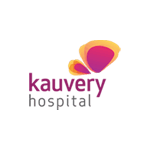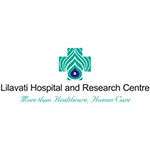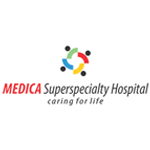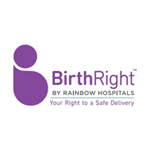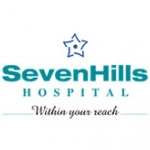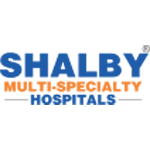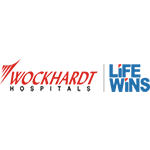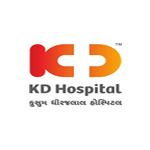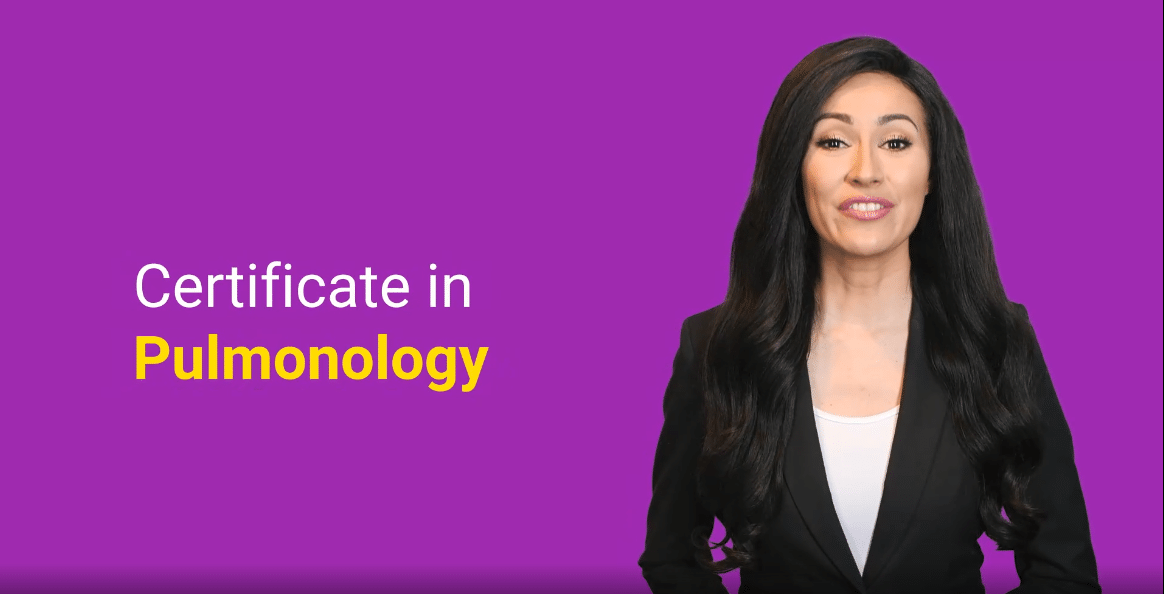
Certificate Course in Pulmonology
6840- Immerse yourself in invaluable insights from our esteemed faculty, enriching your clinical practice in the field
- Acquire in-depth knowledge of the medical management strategies employed in the treatment of pulmonary diseases
- Explore the laboratory diagnosis methods employed in the assessment of various pulmonary conditions
 Certificate Course in Pulmonology
Certificate Course in Pulmonology
Key Features
-
 Immerse yourself in invaluable insights from our esteemed faculty, enriching your clinical practice in the field
Immerse yourself in invaluable insights from our esteemed faculty, enriching your clinical practice in the field -
 Acquire in-depth knowledge of the medical management strategies employed in the treatment of pulmonary diseases
Acquire in-depth knowledge of the medical management strategies employed in the treatment of pulmonary diseases -
Explore the laboratory diagnosis methods employed in the assessment of various pulmonary conditions
- Course Duration 3 Months
- Next Batch Date
31st Jul 2024
Enquire Now
Course Description
A strong understanding of pulmonology basics is crucial for healthcare professionals. It serves as the cornerstone of comprehensive patient care and respiratory condition management. Proficiency in respiratory system anatomy and histology enables accurate assessment, diagnosis, and identification of abnormalities.
The Certificate Course in Pulmonology is an elaborate educational program designed to provide healthcare professionals with a strong foundation in pulmonology basics. This course serves as the cornerstone for comprehensive patient care and the effective management of respiratory conditions.
This Certificate Course in Pulmonology offers participants will gain an in-depth understanding of the anatomy and histology of the respiratory system, including its development and common developmental anomalies.
The Certificate Course in Pulmonology gives participants a thorough understanding of the physiological and biochemical workings of the respiratory system. Participants will examine respiratory mechanics, arterial blood gas analysis, pulmonary function tests, acid–base balance, and the principles of exercise physiology and testing. Additionally, the course covers respiratory physiology during aging and at high altitudes, pulmonary physiology during pregnancy, and sleep physiology.
The course will explore the pharmacology of various medications that are relevant to respiratory conditions, such as bronchodilators, immunosuppressants, antimicrobials, antitubercular, antineoplastics, and antiviral, antifungal, and antiparasitic medications.
Additionally, the course covers the microbiological aspects of various pulmonary diseases, such as Mycobacterium tuberculosis, bacteria-causing pulmonary diseases, atypical bacteria and respiratory tract infections, anaerobes in pleuropulmonary infections, respiratory fungi, and parasitic lung diseases. Participants will also learn about laboratory diagnostic methods for both tuberculosis and non-tubercular infections of the respiratory tract, as well as diagnostic methods for viral diseases of the respiratory system. By honing their understanding of pulmonology basics healthcare professionals can enhance their clinical decision-making, implement targeted interventions, and provide comprehensive care that reduces complications, improves patient outcomes, and fosters overall respiratory health.
Enroll in our transformative Certificate Course in Pulmonology and unlock the knowledge and skills necessary to provide comprehensive care for patients with respiratory conditions. Expand your professional horizons, create a positive impact on patient outcomes, and elevate the field of pulmonology to new heights.
Course Validity: 4 months. There will be an extra charge for the extension of the course validity.
*Statutory taxes and levies not included. Taxes will be applied on checkout. Rates may vary based on management discretion.
Course Outline
Module 1: Basic Sciences: Anatomy and Histology of Respiratory System
-
- Development and Anatomy of Respiratory System
- Embryology of respiratory system
- Developmental anomalies
Module 2: Physiology and Biochemistry
-
- Respiratory Mechanics
- Arterial blood gas analysis
- Pulmonary Function Tests
- Acid-base balance
- Principles of exercise physiology and testing
- Respiratory physiology during aging and high altitude
- Pulmonary Physiology in Pregnancy
- Sleep physiology
Module 3: Pharmacology
-
- Pharmacology of antimicrobial drugs
- Pharmacology of antitubercular drugs
- Pharmacology of antineoplastic drugs
- Pharmacology of immunosuppressant drugs
- Bronchodilators
- Pharmacology of Antiviral, Antifungal and Antiparasitic drugs
Module 4: Microbiology
-
- Mycobacterium tuberculosis and other mycobacteria
- Bacteria causing pulmonary diseases
- Atypical bacteria and respiratory tract infections
- Anaerobes in pleuropulmonary infections
- Laboratory diagnosis of non-tubercular infections of respiratory tract
- Laboratory diagnosis of tuberculosis
- Viral diseases of the respiratory system and diagnostic methods
- Respiratory fungi
- Parasitic lung diseases
Course Outline
- Development and Anatomy of Respiratory System
- Embryology of respiratory system
- Developmental anomalies
- Respiratory Mechanics
- Arterial blood gas analysis
- Pulmonary Function Tests
- Acid-base balance
- Principles of exercise physiology and testing
- Respiratory physiology during aging and high altitude
- Pulmonary Physiology in Pregnancy
- Sleep physiology
- Pharmacology of antimicrobial drugs
- Pharmacology of antitubercular drugs
- Pharmacology of antineoplastic drugs
- Pharmacology of immunosuppressant drugs
- Bronchodilators
- Pharmacology of Antiviral, Antifungal and Antiparasitic drugs
- Mycobacterium tuberculosis and other mycobacteria
- Bacteria causing pulmonary diseases
- Atypical bacteria and respiratory tract infections
- Anaerobes in pleuropulmonary infections
- Laboratory diagnosis of non-tubercular infections of respiratory tract
- Laboratory diagnosis of tuberculosis
- Viral diseases of the respiratory system and diagnostic methods
- Respiratory fungi
- Parasitic lung diseases
Directors
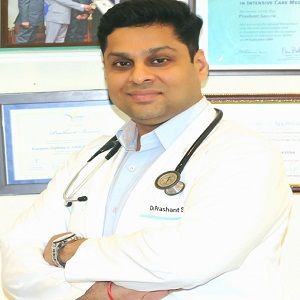
Dr. Prashant Saxena
M.B.B.S., M.D(Respiratory Med.)., FRCP (Edin), EDIC(Europe)., FCCP(USA), EDARM(Europe), FICCM Interventional Pulmonology (Greece), Thoracoscopy (France)
Pediatric Bronchoscopy (Italy) Associate Director & Head, Pulmonology, Critical Care & Sleep medicine
Max Smart Super Specialty Hospital, Mandir Marg, Press enclave road, Saket, Delhi
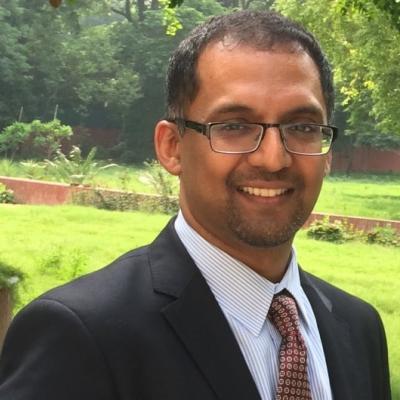
Dr. Sai Praveen Haranath
Senior Consultant – Pulmonary and Critical Care Medicine, Apollo Hospitals
MBBS, AB (American Board Certified) Internal Medicine, Pulmonary and Critical Care Medicine, MPH, FCCP
FAQs
- Is this course recognized by MCI?
Medical Council of India does not recognize courses that are offered through online or blended learning platform. In collaboration with leading industry experts, we provide you with the best state-of-the art learning content with an endeavor to train you to become well-equipped and proficient in-patient care through this course.
- Physicians (MBBS, AYUSH), Final year medical graduates and interns (MBBS and AYUSH)
- Hands-on training means training in an environment that permits each student to have experience performing tasks, making decisions, or using equipment appropriate to the job assignment for which the training is being conducted. The student assigned for these programs will be observing all procedures performed by the consultant and depending on the student’s abilities and skill set displayed at the hospital, he/she will get to assist the consultant.
- How to access the course material online?
To access the course, click on http://kite.medvarsity.com/ using the login ID and password provided to you or click on “LOG IN USING YOUR ACCOUNT ON Google” and enter your Email ID: Gmail ID (Only if Gmail ID mentioned in the Application) & Password. In case you don’t have access to login ID and password, write to us at [email protected] & quote your registered email ID.
- What If I am unable to open/access the course?
Please access the below link AND follow the steps.
- Is the contact program mandatory for the completion of the course?
Any contact program provides a student with an opportunity to learn clinical hands-on techniques and skills that are helpful in the practice of the discipline.
- What if I am unable to attend the contact program at the scheduled dates?
You can attend the next scheduled contact program upon information and concurrence by your program coordinator.
- Can I choose the center where I wish to attend the contact program?
You will be required to attend the contact program at the nearest prescribed center where you are assigned. Shifting of Contact Program Center is not advisable because for each of such facilities Medvarsity has to assign a Mentor Specialist based on a number of students at the assigned Contact Program Center.
- Will there be arrangements for lodging and boarding provided for students during the Contact Program in case their contact center is out of the station from their hometown?
You will have to make your own arrangements for boarding and lodging. We can provide assistance in finding an accommodation, but the expenses are to be borne by the student.
- Are the scheduled dates for the exams mandatory or not?
It is Optional, however if you have to complete all Modules and final exam before the Course Expiry date you will receive your certificate on time.
- Session expired and it is showing as unauthorized user?
If the page is left idle for more than 60 seconds session will expire automatically. Refresh the page periodically to avoid.
- If the session is expired, what to do?
It will start from the same question where the session expired.
- While you are attempting exam, error pops up and exam is halted – site will display as attempted (1)
Ignore the message as attempted – The attempt is only completed when it displays Finished (1).
- When will the final exam get activated?
If 1 month Course (1-week prior Course expiry).
If 3 Month Course (15 days prior Course expiry).
If 6 Month Course (45 Days prior Course Expiry).
If 1 Year Course (2 Months prior Course Expiry).
- What is the procedure if Course is expired?
You have to pay re-activation fee, for details Contact Toll free 1800-103-6006 or write to [email protected]
- What if I don’t qualify in modules or final exam?
You have to pay Re-exam fee, for details Contact Toll free 1800-103-6006 or write to [email protected]
- When will I get my certificate?
We have now gone online, once you successfully pass your final exam and below conditions are met:
- Contact program Completed (if Applicable).
- Viva to be cleared (if Applicable).
- Logbook / Project Submission (if applicable).
- Course duration to be complete.
- Necessary documents should be submitted in full.
- If the above credentials are fulfilled, your E-Certificate will be mailed to your registered E-Mail ID.
Will I get the certificate before the course duration?
Even in case you complete all the online modules and exams much before your course end date, the certificate can be made available only after the course duration is complete. In other words, invariable of how early you complete the course, certificate shall be made available only when the course duration is over.
- Do you provide any placement assistance?
We do not provide any placement guarantee as an outcome of the course. On a case-to-case basis we will introduce your profile to specific recruiting partners, but no job guarantee is provided.
- What if I have any concerns regarding the program delivery or what if I have any suggestions to improve the quality of the course?
For any feedback regarding the course, please write to us at [email protected]
- Keeping knowledge and skills up to date
- The professional standard of qualifications and registrations are maintained
- Provides a professional sense of direction
- Confidence and credibility are built and enhanced
- The ability to showcase their achievements with a recognized qualification
- Equips employees with the tools to cope positively with change
- Promotes the advancement in career progression 8. Flexible training schedules for any form of learner
- The purpose of Continuing Medical Education (CME) and Continuing Professional Development (CPD) is to keep physicians current in their medical practice as part of a life learning commitment to their patients and society.
- The CPD/CME embrace the necessary elements of ‘Good Medical Practice’, such as knowledge, skills and performance, safety and quality, communication, partnership, and teamwork, and maintaining trust.
- CPD/CME acknowledges that being a good physician includes competencies that extend beyond medical knowledge, including managerial, ethical, social, and personal skills.
- Accredited CPD training means the learning activity has reached the required Continuing Professional Development standards and benchmarks.
- The learning value has been scrutinized to ensure integrity and quality.
- The CPD Certification Service provides recognized independent CPD accreditation compatible with global CPD requirements.
- It is often found across all industries that CPD points, units, and credits all relate to the same thing, CPD Hours.
- The definition of a CPD Hour is the time spent for a delegate to be in “active learning”.
- The first and most crucial aspect to look out for when selecting an online course is whether it’s officially CPD certified. Certificates from officially verified CPD courses are more credible to both employers and businesses as the learning value has been scrutinized to ensure both integrity and quality.
Faculty
Next Batch Start Date 9th Mar 2026
Learning Path
- Course 1 Certificate Course in Pulmonology
- COURSE 2 Advanced Certificate Course in Pulmonology
Course Duration
3 MonthsEnquire Now
Directors

Dr. Prashant Saxena
M.B.B.S., M.D(Respiratory Med.)., FRCP (Edin), EDIC(Europe)., FCCP(USA), EDARM(Europe), FICCM Interventional Pulmonology (Greece), Thoracoscopy (France)
Pediatric Bronchoscopy (Italy) Associate Director & Head, Pulmonology, Critical Care & Sleep medicine
Max Smart Super Specialty Hospital, Mandir Marg, Press enclave road, Saket, Delhi

Dr. Sai Praveen Haranath
Senior Consultant – Pulmonary and Critical Care Medicine, Apollo Hospitals
MBBS, AB (American Board Certified) Internal Medicine, Pulmonary and Critical Care Medicine, MPH, FCCP

